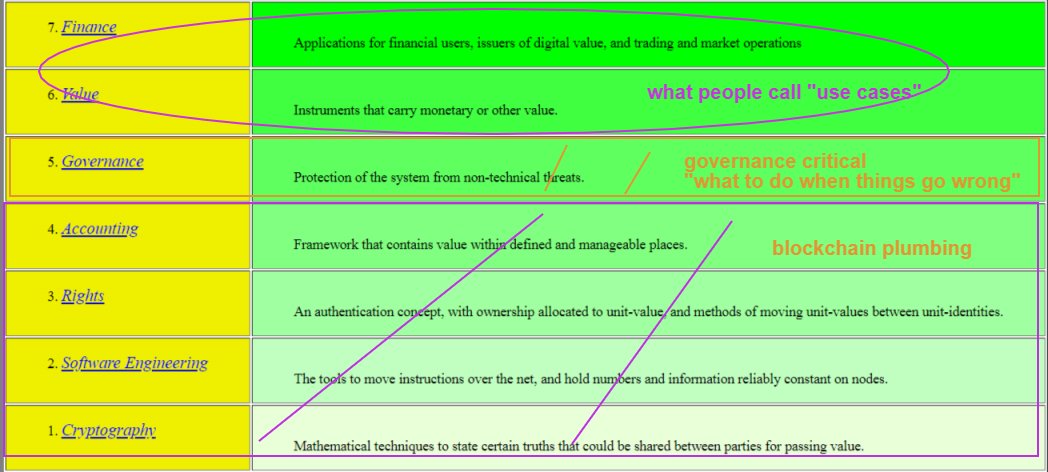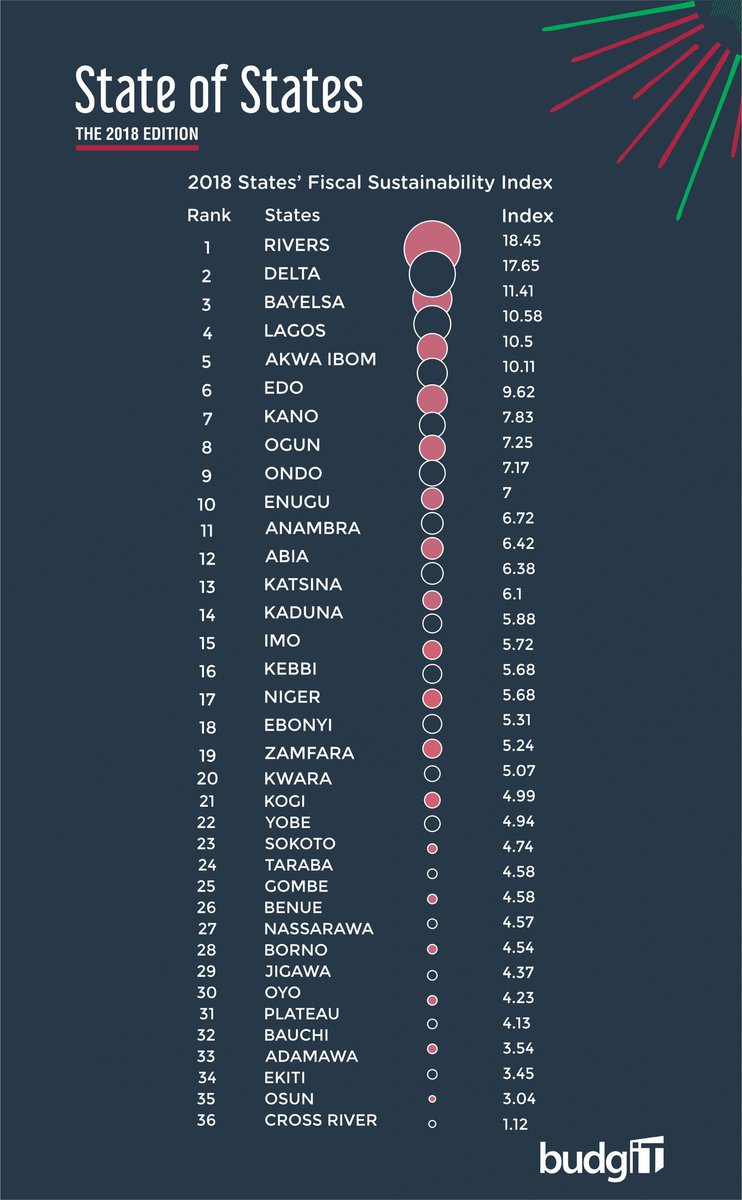It was for a different project on trade, so Ive only pulled out the bits about Faisal’s Chama experience /2
27 yo
Male
Faisal is a 28 year old male hand cart puller from Kenya from a borderland town, Busia, a town at the border of Kenya and Uganda /3
It’s up to the group to decide on the frequency /7
Faisal owns one of 15 handcarts /10
So their monthly contribution is partly a group savings, partly buying shares in the JP, and partly as insurance for the unexpected /11
Every members also has their own personal books with matching entries.
One book for every member
One for the secretary
And one for the group
/15
So this is not the only chama Faisal is part of /17
2 chamas are from his neighbourhood where he lives around other traders and service men/women at the borderland /19
1000 is handed every week to one person /21
This one has 22 people and the chama is for buying foodstuffs for each other /23
The members know each other well enough to visit each other once i while /24
So instead of handing cash, they bring you a bale of floor and sugar /25
Borderland Biashara: Mapping the cross border, national and regional trade in the East African informal economy
report >> tralac.org/news/article/9… /26












